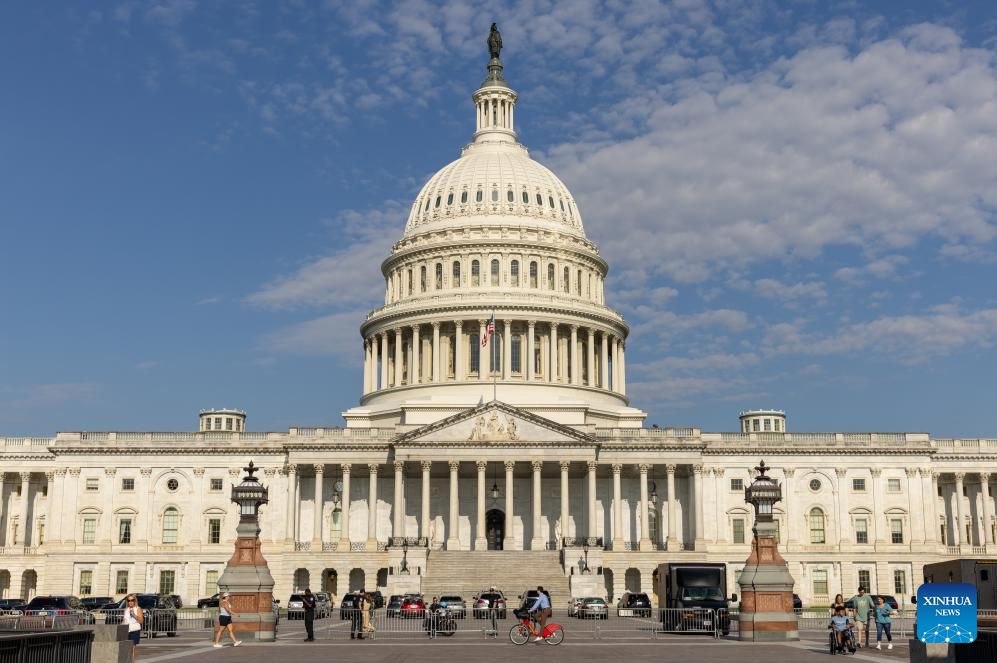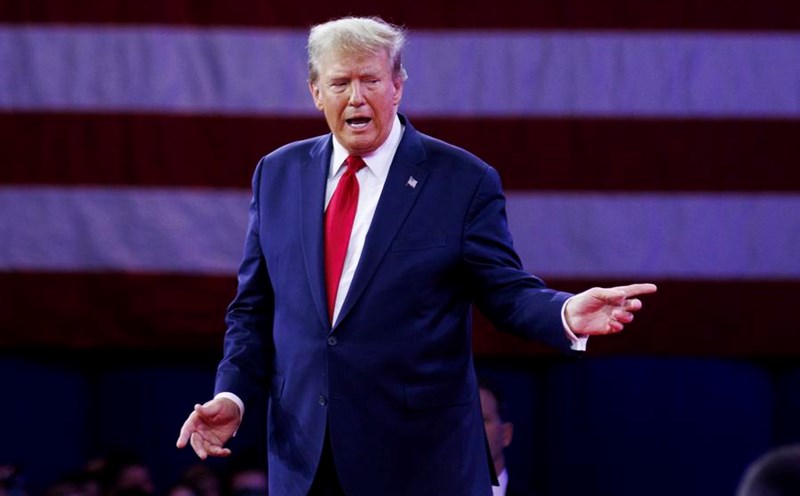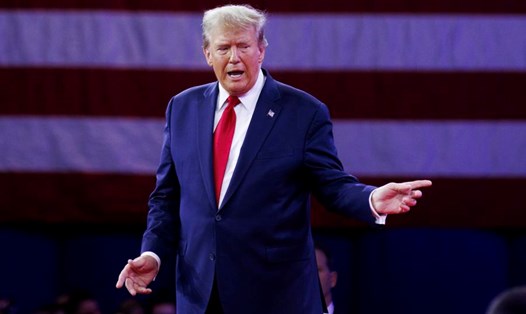The bill was passed on July 3 after a landslide with a narrow margin of 218-214 in the US House of Representatives. The bill was previously passed by the Senate by only 1 vote, marking a major turning point in Trump's economic reform program since the beginning of his term.
President Trump is expected to sign the law on the afternoon of July 4 at a solemn ceremony held at the White House - exactly the time he had forced Congress to complete.
Speaking to reporters after the bill was passed, Mr. Trump expressed his excitement. He said the bill would turn the United States a missile ship, sent the economy soaring and people holding more than they earn.
Meanwhile, inside the House of Representatives, Republican lawmakers were shouting USA! USA!" to celebrate the victory.
The bill brings comprehensive changes to tax and spending policies, clearly demonstrating Mr. Trump's philosophy of "reducing the state burden, increasing the right to keep money for the people".
Temporary tax reductions from 2017 are now extended permanently. Income from dividends, overtime pay and social security pensions will be completely exempt from tax. These policies are seen as a major blow to the working class and service sector - a core part of his re-election strategy.
However, to offset the estimated $4,500 billion in tax cuts over a decade, the bill also brings painful concents in social spending. Food allowances and health insurance for low-income people have been narrowed, and tax incentives for clean energy have been cut.
Meanwhile, major spending on defense and border security - Trump's top priority - has increased sharply. Accordingly, 150 billion USD will be poured into the construction of detention centers, increased the number of immigration control forces and deployed a missile defense system "golden arch" that Mr. Trump once compared to "the shield to protect American civilization".

Immediately, a wave of protests surged from the Democrats. House minority leader Hakeem Jeffries tried to delay the vote with an 8-hour, 45-minute speech - the longest in Housewife history - as a symbolic protest.
I will use this time to speak up on behalf of millions of Americans who will lose their meals, medicine, and justice, Jeffries said. He and many Democratic lawmakers denounced the bill as a tax gift to the rich while poor peoples welfare is cut.
The National Assembly Budget Office's estimates show that the bill could increase the federal budget deficit by $3,300 billion over the next 10 years and cause millions of people to lose health insurance. However, the White House dismissed these figures and affirmed that the bill would pay costs through economic growth, investment and employment.











